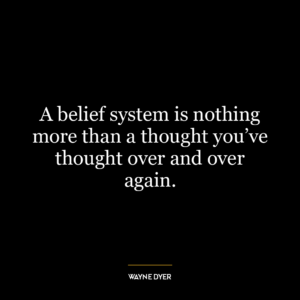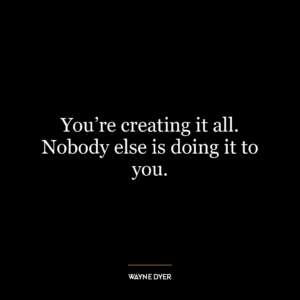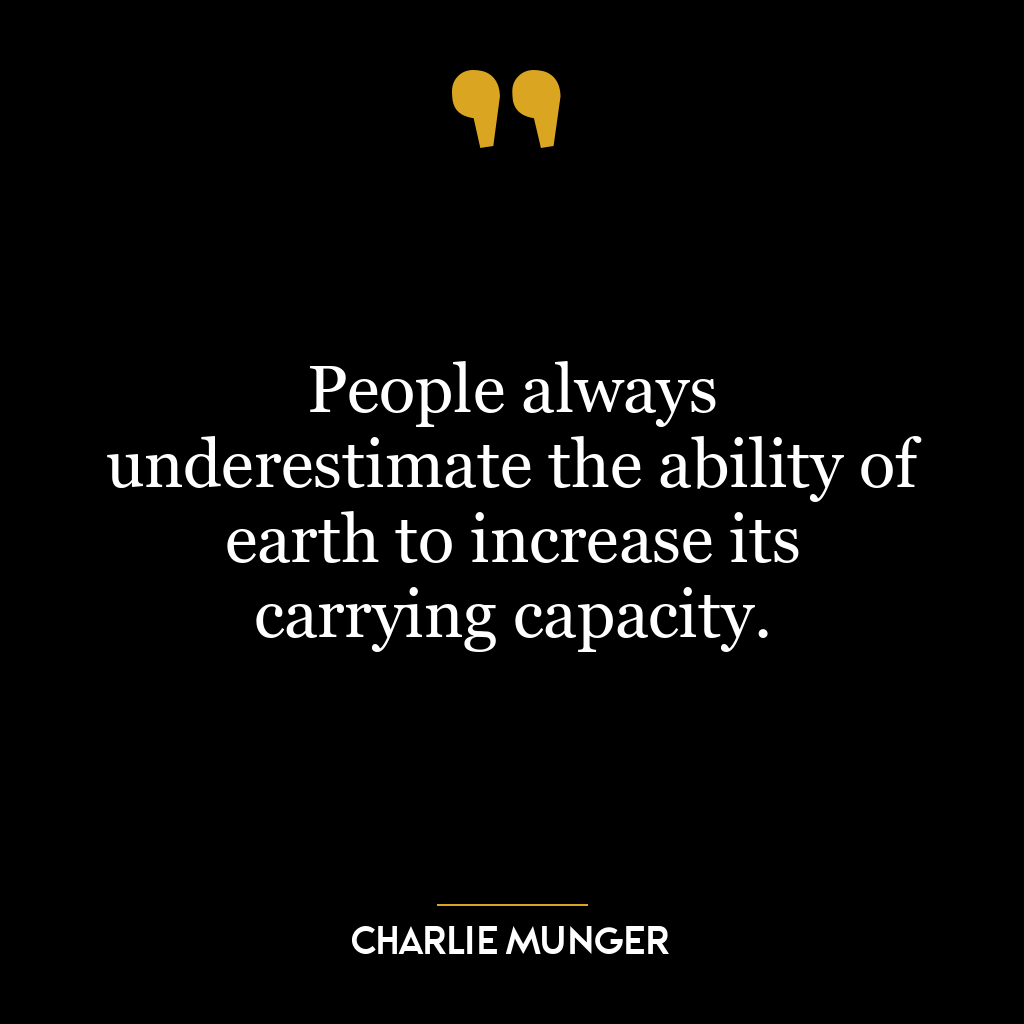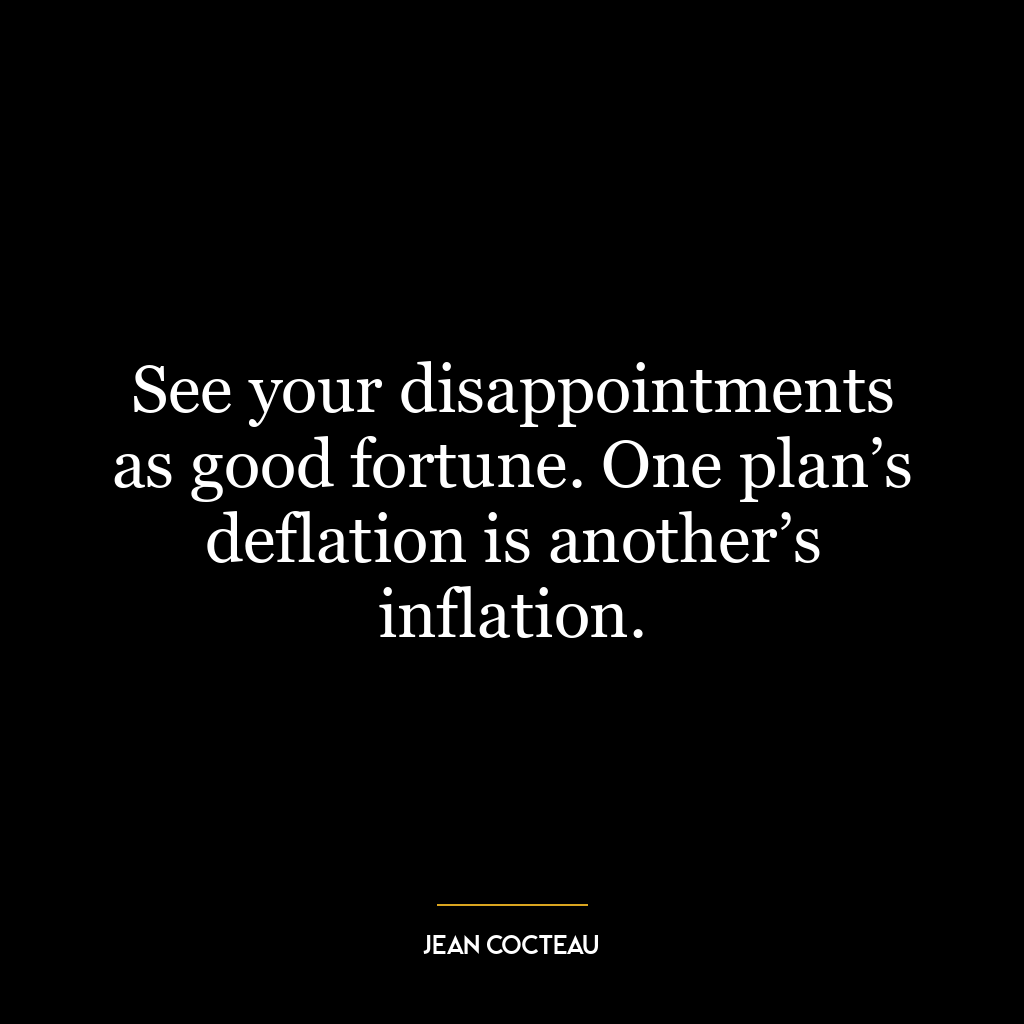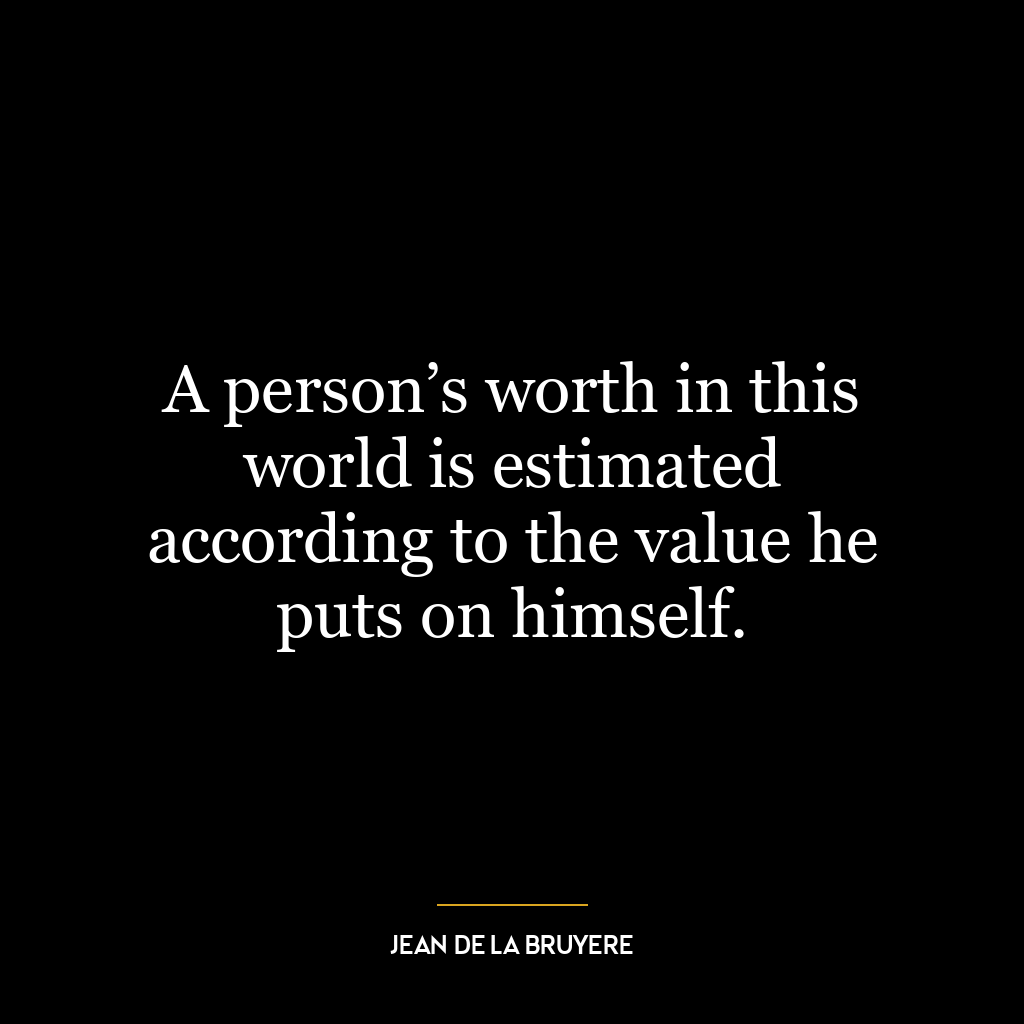Whatever your plan, you never invest your own self-worth in its ultimate success or failure.
This quote emphasizes the importance of separating one’s self-esteem and self-worth from the outcomes of their plans or goals. It suggests that our value as individuals should not be tied to the success or failure of our endeavors. Instead, our self-worth should be rooted in our inherent qualities, values, and character, which remain constant regardless of external circumstances or outcomes.
The quote encourages us to view success and failure not as reflections of our worth, but as outcomes of our actions that can provide valuable lessons for personal growth and development. Success should not inflate our self-worth, and failure should not diminish it. Both are temporary states and part of the process of striving towards our goals.
In today’s world, where success is often measured in material terms and social validation, this idea is particularly relevant. The rise of social media, for example, has led to a culture of constant comparison, where people often tie their self-worth to the number of likes or followers they have. This can lead to feelings of inadequacy and low self-esteem when they perceive others as more successful.
In terms of personal development, this quote’s philosophy can be applied by focusing on intrinsic self-worth, which comes from within and is not dependent on external validation or achievement. This involves recognizing and appreciating our inherent qualities, values, and strengths, and understanding that our worth does not change based on our successes or failures.
Moreover, it encourages resilience, as it allows us to view failures not as a reflection of our worth, but as opportunities for learning and growth. By not investing our self-worth in the outcomes of our plans, we can pursue our goals with greater confidence and perseverance, unafraid of failure and undeterred by setbacks.






